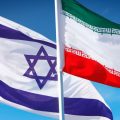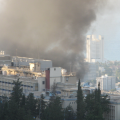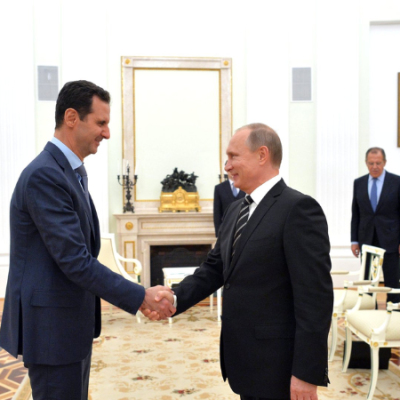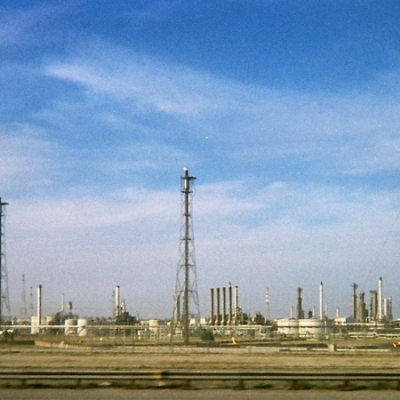How Israel and Hezbollah is Moving Closer to Full-Scale War
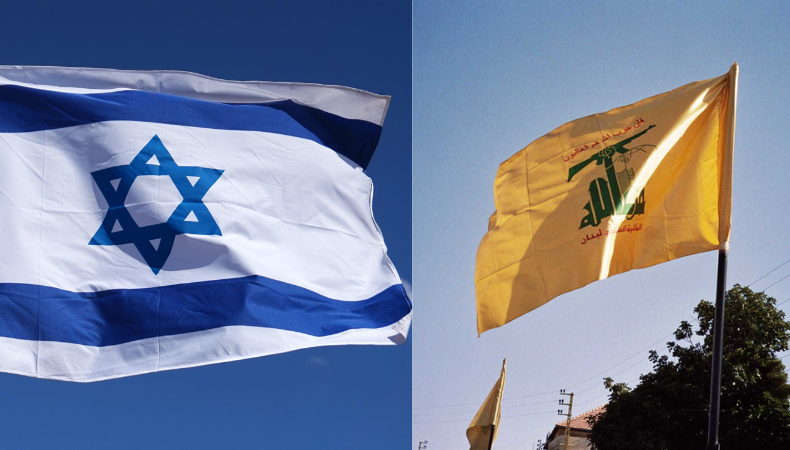
Rising hostilities between Israel and Hezbollah in recent weeks have brought the area dangerously near to full-scale conflict. The long-running dispute has gotten much more intense as both parties are acting provocatively along the border between Israel and Lebanon. This development signals a crucial and risky stage in their tense relationship and raises grave worries about the possibility of a wider regional conflict.
About Hamas
The October 7, 2023, strike by Hamas on Israel made the situation much more complicated. This strike acted as a spur for more bloodshed as Hezbollah started attacking Israeli targets in sympathy with Hamas. Both sides have escalated their military operations as a result of the exchanges that followed, greatly increasing the fighting. With Hamas’s participation, the hostilities have taken on a new dimension that links the Gaza conflict to the tensions along the Lebanon-Israel border and poses Israel with a multifront threat.
Red Lines, Always Changing
Hezbollah and Israel have historically avoided doing anything that would start an all-out conflict by operating inside specific red lines. These informal limits have been upheld by a tacit knowledge that specific provocations would result in harsh retaliations. But these distinctions are getting fuzzier by the day as the Gaza War drags on without a definitive cease-fire. Analysts caution that crossing previously recognized limits is dangerous and may have unexpected results. The risk is in the prospect that mistakes or overreactions could turn into a larger battle that could involve the whole area in hostilities.
Engagement of the UN and the 2006 Cease-Fire Agreement
Front row seats to the intensifying battle are available to the United Nations peacekeeping mission in Lebanon (UNIFIL). This 1978 mission was set up to monitor the border and preserve the shaky peace. Its efficacy is called into question, nonetheless, by the recent increase in violence. Both sides have lost soldiers as rockets have blasted back and forth across the border. Aiming to put an end to the month-long conflict between Hezbollah and Israel, UN Security Council Resolution 1701 (2006) is still mostly unfulfilled. The resolution demanded that Israeli forces leave Lebanon, that armed organizations there disband, and that the Lebanese army be stationed near the border. Still, these goals have not been completely achieved, which makes the area open to further hostilities. A safe approach to handle this disagreement gets harder to come by as tensions increase.
Implications on the Regional and International Level
The present confrontation between Israel and Hezbollah is not a stand-alone affair. Significant ramifications it has for the Middle East as a whole and beyond. There are further levels of complication when outside players like Iran, which backs Hezbollah, and the US, a major ally of Israel, get involved. Additionally influencing the conflict are the regional power dynamics, which include the responsibilities of Syria and other nearby nations. Moreover, the world community keeps a careful eye on things because instability in this unstable area may have far-reaching effects on international security, refugee flows, and global markets.
Concerns for the Humanity
The humanitarian situation in the area keeps becoming worse in the middle of the growing hostilities. Living in the crossfire, civilians on both sides of the border must deal with property damage, death, and displacement. Fighting is making it difficult for humanitarian agencies to deliver aid, and a major humanitarian catastrophe is possible. The protection of civilians must be given top priority by the international community, as must making ensuring that those in need receive humanitarian help.
Keep on Reading
Synopsis
No obvious off-ramp exists, hence the situation is still unstable. The prospect of a full-scale conflict looms huge even as both sides keep pushing each other to the breaking point. The fate of the area is yet unknown as the globe observes the fine line between escalation and restraint. To stop more escalation and to look for a long-term settlement to the dispute, diplomatic efforts must be stepped up. Working together, the international community—which includes important participants like the US, the UN, and regional powers—must defuse tensions and encourage communication. Failure can have disastrous effects not only for Israel and Lebanon but also for the whole Middle East and beyond.

